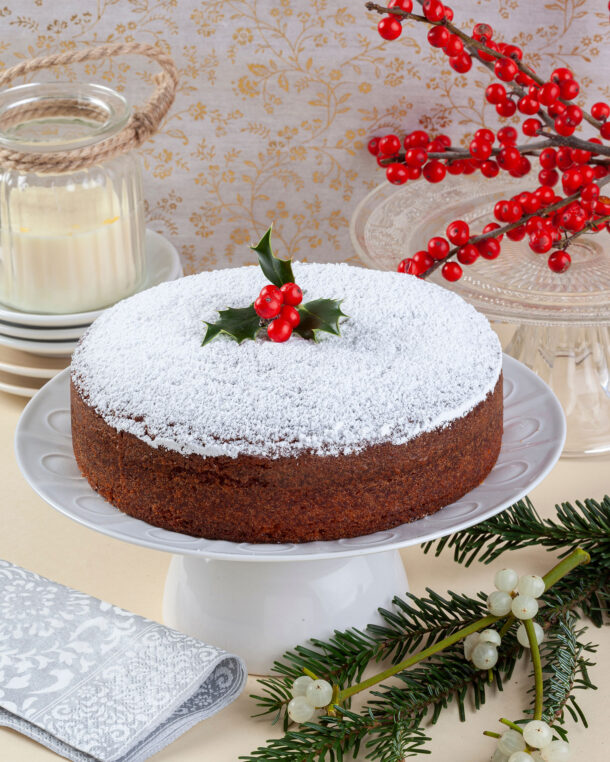Zakynthian Vasilopita is called
Zakynthos Guide
Our Guide
The New Year's bread
05/01/2023
The lucky one finds the gold coin

Perhaps the term "vasilopita" is already recognizable to you. The legendary New Year's bread may have been served at a few of the celebrations you attended. You could have been present when a lucky patron unearthed the hidden gold coin within their slice. So, what all the hubbub over a piece of sweet bread and a coin? I don't understand why this tradition seems to be a feature of every single New Year's party; when did it start? Then how can you take part in it on your own? Allow us to clarify things for you.
From whence did this tradition arise?
St. Basil is the central figure in all of the Vasilopita origin tales. In the version we prefer, Saint Basil begs the people of Caesarea to pay a ransom so that the city might be freed from its siege. Every citizen donated everything they could in gold and jewels, shocking the enemy with such a massive gesture of communal generosity that the siege was canceled before the money was even collected. Because he wished to return the given treasures but didn't know who owned what, St. Basil baked all the jewels into loaves of bread and distrusted the loaves to the city. There was general peace and prosperity, so the story goes, because every citizen got back precisely what they gave.
Briefly explain Vasilopita.
A direct translation of Vasilopita would be "sweet bread of Basil." As a symbol of everlasting joy and a wish for a lovely new year, vasilopita bread is traditionally flavored with sugar.
When Vasilopita is involved, what happens?
Traditionally, the bread or cake is sliced three times in a cross shape by the leader of the household. First, the piece goes to Jesus Christ; second, to the Virgin Mary; and third, to St. Basil. The next slice is passed to the hosting family, and then, in descending order of age, separate portions are cut for every member of the family and every visitor. Serving the leftovers to those less fortunate is a constant reminder to share what we have.
People who are "flouri"
The flouri, a little gold coin, is baked into the bread as it is being prepared to symbolize the wealth and treasures mentioned in the Vasilopita origin tale. It is said that whomever gets the slice with the coin will have good fortune in the new year!v


